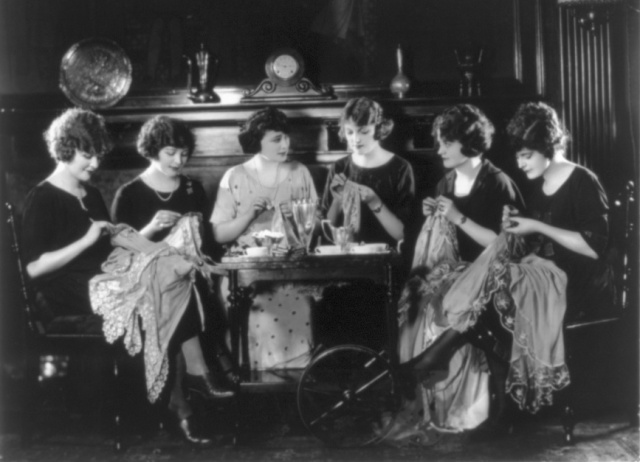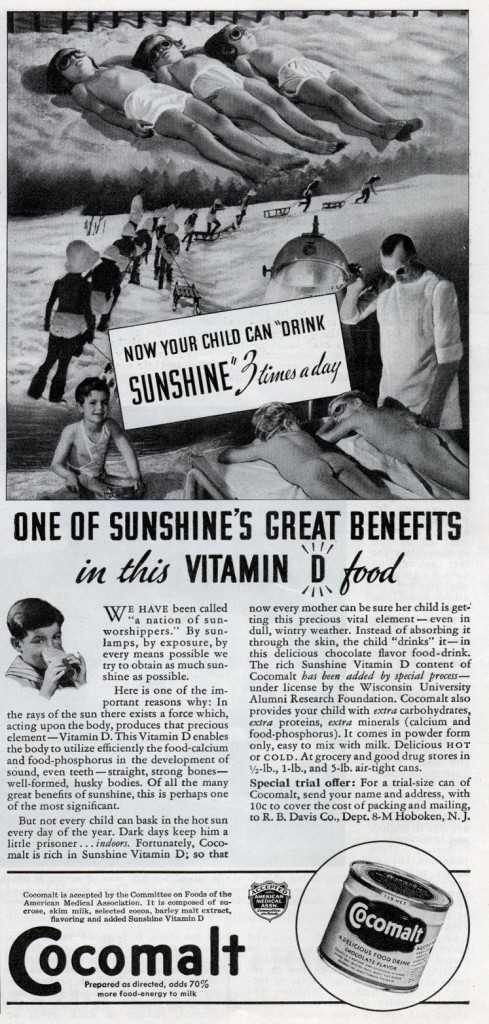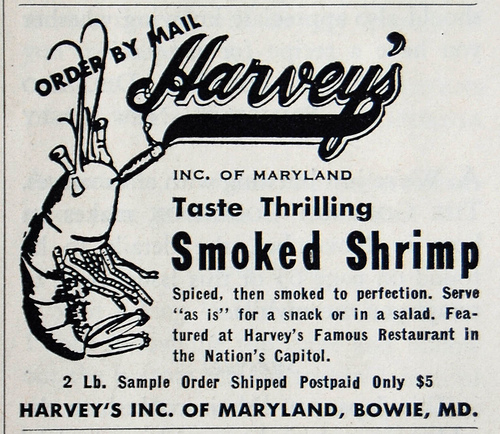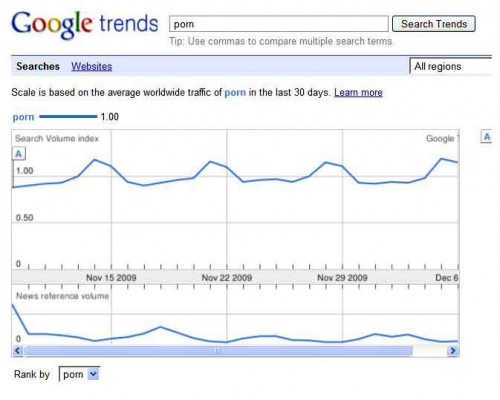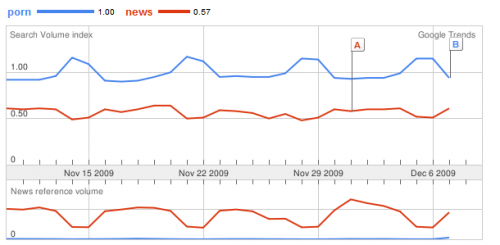Kate W. sent us a link to a discussion of historical portrayals of mending and darning (i.e., repairing clothes with a needle and a thread) by American Literature professor Kate Davies. According to Davies, this image from 1904 is a postcard designed to titillate male viewers:
Davies writes:
I’ve found lots of these mildly racy, early twentieth-century images of mending, and it isn’t that surprising. Associations between mending and s*x are conventional and familiar from centuries of genre painting and portraiture: a woman looking at the work in her lap gives a man an opportunity to look at her; a female servant bent over her darning displays her hands or chest; an idle stitcher clearly has her mind on other things.
In another example, “Chicago’s top models for 1922” display their ankles while ripping seams with Rip-Easy seam rippers:
If you’re not convinced, consider this example from 1907:
These are neat examples of how what is sexy, who is sexy, and what can be sexualized changes over time.
See Prof. Davies’ entire post at her blog, Neeedled.
Lisa Wade, PhD is an Associate Professor at Tulane University. She is the author of American Hookup, a book about college sexual culture; a textbook about gender; and a forthcoming introductory text: Terrible Magnificent Sociology. You can follow her on Twitter and Instagram.


